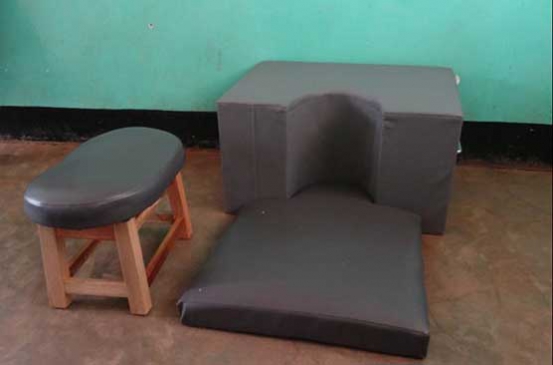×
The Standard e-Paper
Home To Bold Columnists

NAIROBI: One of the sure ways of curbing maternal deaths is to ensure safe delivery. And efforts to encourage women, especially those living in rural areas where facilities are scarce, to access trained maternal health caregivers have born fruit. Even enlisting of skilled traditional mid-wives has no doubt come to save more lives.
But there are culturally entrenched behaviours that have not been exploited, like birth positions. On matters reproductive health, many women, even among the educated, remain conservative.